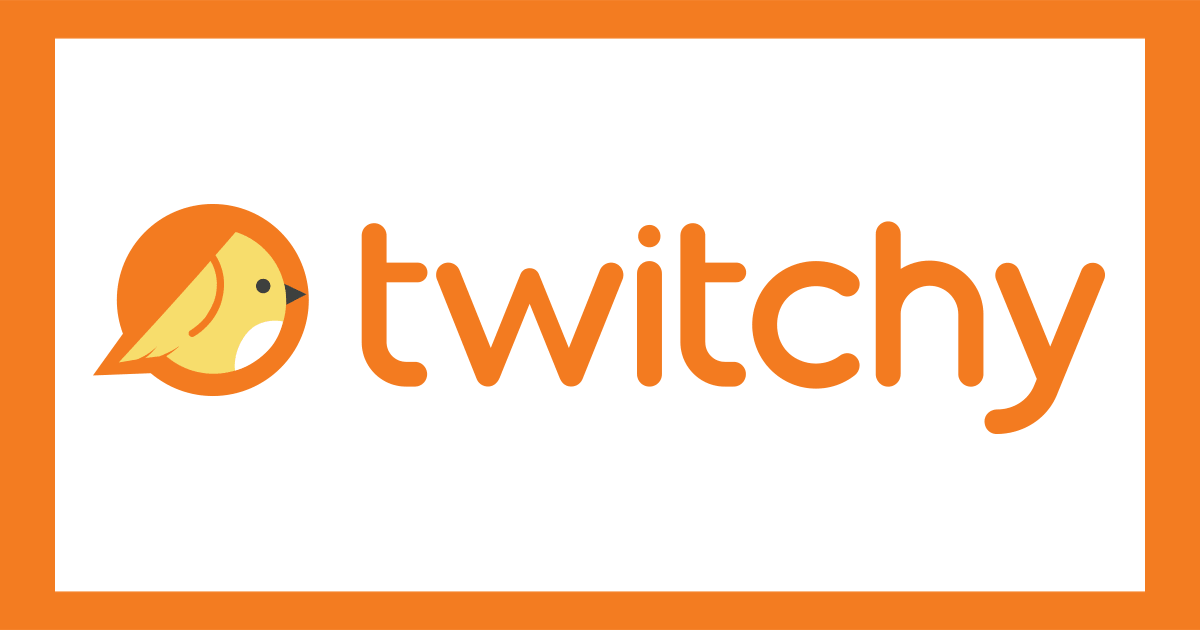As you’re well aware, Buzzfeed’s big “bombshell” that had Democrats and the media helping spread the story came to a sudden halt after the office of Robert Mueller called BS on the story. The Washington Post’s Aaron Blake tweeted the following thread about the “scoop” that backfired on a lot of people:
As someone who wrote about the Cohen-BuzzFeed story and its potentially very serious implications on Friday, I have some reflections/introspections after losing some sleep last night.
(THREAD 1/)
— Aaron Blake (@AaronBlake) January 19, 2019
First off, we don’t know exactly what Mueller team disputes, but the unprecedented nature of that denial suggests it sees a fundamental problem with the story. That statement doesn’t go out over a quibble or two.
(2/)
— Aaron Blake (@AaronBlake) January 19, 2019
It’s trite to say, but we need to figure out how to handle this kind of story. It’s unconfirmed, but it’s out there. Lawmakers are talking about it! Democrats are talking impeachment! Can you ignore that very real debate? Do you just let partisan outlets own the analysis?
(3/)
— Aaron Blake (@AaronBlake) January 19, 2019
I’m reminded of what happened when the hacked Clinton emails came out. We all (okay, most of us) jumped on them. It was a hell of a story. We got an inside look into an actual presidential campaign! We were also unwittingly assisting a Russian propaganda effort.
(4/)
— Aaron Blake (@AaronBlake) January 19, 2019
BuzzFeed story is not a direct parallel, but it raises similar issues. Those Clinton emails were in the public domain, and SOMEONE was going to find the big ones. Similarly, plenty of people would have learned about Trump allegedly telling Cohen to lie. Social media, etc.
(5/)
— Aaron Blake (@AaronBlake) January 19, 2019
Recommended
All of that said, each piece that’s written about something that may turn out to be untrue is counter-productive, at best. Even with extensive caveating (which I included), it furthers a story the erodes trust in the media.
(6/)
— Aaron Blake (@AaronBlake) January 19, 2019
Media consumers aren’t as savvy as we’d like them to be, and just because something is technically accurate and qualified doesn’t make it good. People skip right over those caveats, and if they want to believe these reports, they treat them like gospel.
(7/)
— Aaron Blake (@AaronBlake) January 19, 2019
I honestly don’t know what the answer is here, besides perhaps more patience and reflection in real time, and less emphasis on an unconfirmed report until others start confirming it. But then — again — less circumspect analysis might carry the day.
(8/)
— Aaron Blake (@AaronBlake) January 19, 2019
We also need to not repeat the same mistakes post-denial. Just like we shouldn’t jump to too many conclusions about BuzzFeed’s report, we shouldn’t just assume it was completely botched based upon one denial, no matter how authoritative the denier.
(9/)
— Aaron Blake (@AaronBlake) January 19, 2019
Mueller’s team would seem to have an extremely compelling interest in not just being technically accurate in its denial, but avoiding false perceptions that it denied more than it did. But you never know until you know.
(10/)
— Aaron Blake (@AaronBlake) January 19, 2019
And just like the Mueller investigation needs to mind perceptions of it, regardless of technical accuracy and careful wording, so do the media, and so do I.
(11/ END)
— Aaron Blake (@AaronBlake) January 19, 2019
Other journos, as you might have guessed, gave that thread a round of applause:
thread: https://t.co/DA8edraz6E
— Brian Stelter (@brianstelter) January 19, 2019
Excellent thread by @AaronBlake https://t.co/yTBB0xSY81
— John Avlon (@JohnAvlon) January 19, 2019
A thoughtful and introspective thread on the dilemma news outlets face in handling explosive reports that they themselves can't confirm, but are having impact that cannot be ignored ⬇️ https://t.co/iimwGe02Fp
— Matt Zapotosky (@mattzap) January 19, 2019
But elsewhere, the reaction contained a bit of “are you kidding me?”
Yes, media consumers are the problem. https://t.co/HKl8BM01mR
— BT (@back_ttys) January 19, 2019
Losing sleep over fake news. Precious. https://t.co/ygVZ1tpqzy
— JWF (@JammieWF) January 19, 2019
Buzzfeed publishes crap.
MSM breathlessly promotes Buzzfeed’s crap.
But it’s Mueller’s fault.
Why won’t Buzzfeed now burn the sources that burned them?
JournOLism!https://t.co/mAj6fDiKhv
— Adam Baldwin (@AdamBaldwin) January 19, 2019
“if they want to believe these reports, they treat them like gospel.”
Pretty incredible thing to say after your entire industry ran with “if true” and indulged in impeachment grandeur for an entire day without confirmation. Maybe the consumer isn’t the problem here. https://t.co/pH8bnOxh6y
— Stephen Miller (@redsteeze) January 19, 2019
The arrogance in this tweet is astounding. Apparently, the problem is that consumers aren’t as capable of parsing nuance as our media firefighters, not that the media continues to run unverified stories and hides behind “fake but accurate” when they’re debunked. https://t.co/DHVvCeeoA7
— James Hasson (@JamesHasson20) January 19, 2019
Stop being lazy, act like journalist. Investigate, confirm.
Stop taking anonymous sources.
Stop trying so hard to find bad donald and look at things objectively. https://t.co/58DGkZqJos
— ISmellCommies (@commies_i) January 19, 2019
You could try something radical. Like contacting reliable sources. Following leads. Checking assertions for veracity before putting them out there.
I think there was once a name for this process. "Journalism" maybe? https://t.co/XmD2fIO9Ex
— Dodd (@Amuk3) January 19, 2019
This whole thread is a word salad of blame-shifting, excuse-making equivocations seasoned with back-handed swipes at the intelligence of his customer base, all in service to a partisan agenda.
In short, a perfect exemplar of modern 'journalism.' https://t.co/xzBANrvOdm
— Cruadin (@cruadin) January 19, 2019
Journalists need to understand that the only reason they exist is to be used by their anonymous sources. https://t.co/QIjeNwDGmL
— Jubal E. Harshaw (@alimhaider) January 19, 2019
"It’s unconfirmed, but it’s out there" — Yes, and WHOSE FAULT IS THAT, Aaron? https://t.co/iDNPu72yZ9
— Michael (@Michael2014abc) January 19, 2019
This thread is the perfect example of why people hate the MSM.
Arrogance ✔
Condescension ✔
On the one hand / on the other hand ✔
Parsing a statement to promote your view ✔
MSM is smarter than you ✔ https://t.co/0ojBVhP1Kr— kc2fargo (@kc2fargo) January 19, 2019
Oh boy, that’s about all the “journalism” we can handle this week!
























Join the conversation as a VIP Member